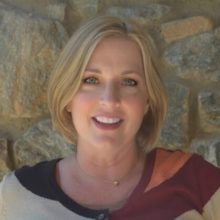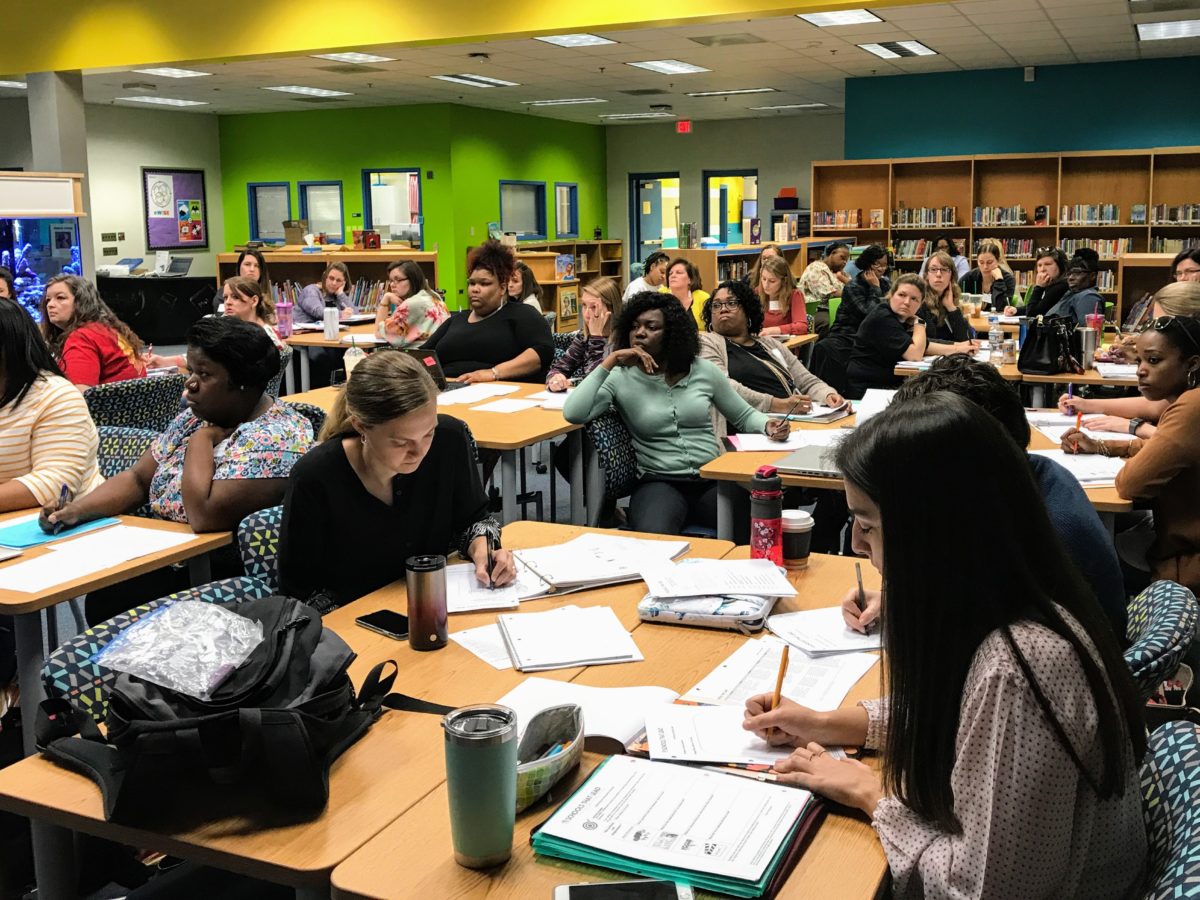
Experienced educators know that collaboration is the key to success. For students and teachers alike, there is incredible, unparalleled power in peer learning. So after we saw two of our schools in McDowell County Schools benefit greatly from partnering with Schools That Lead, getting more of the schools in our district involved was a logical next step. We recognized that this would further the success of our district by giving our teachers more and more opportunities to learn from one another.
Schools That Lead (STL) is a nonprofit education organization that focuses on improvement science and brings educational practitioners together to solve shared problems. Because it utilizes networks, teachers and principals are able to share the wealth of their experiences and data with one another.
In addition to providing space for and promoting collaboration, we found that STL’s mission aligns with our district’s improvement plan. Out of the desire to help our McDowell County schools succeed together, we have now signed up more than half of the schools in our district to partner with STL — and I could not be more thrilled.
Related Readings
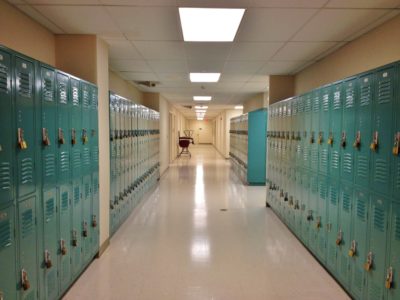
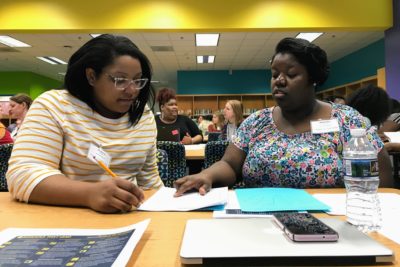
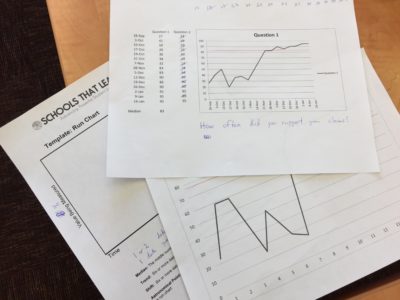
Elevating outcomes, driving change
Schools That Lead has a fantastic reputation for elevating student outcomes and lifting up literacy rates — as well as a reputation for developing the capacity of schools to work out challenges in their unique contexts.
To put it simply, they are not about importing solutions or selling programs that promise quick results. Rather, they focus on equipping teachers and principals to understand their unique problems and solve them effectively.
What does this mean? To start with, STL discourages the kind of problem-solving that typically goes on in schools. You’ll notice that when new initiatives are introduced, it’s often true that somewhere along the line, students are lumped together. Someone will say, “The kids cannot do XYZ, so we’re rolling this program out to remedy it.” While such decisions are born out of recognition of a real problem and a genuine concern for students, they apply broad-sweeping solutions before understanding the problem on a deeper level.
The improvement science methodology employed by STL presses pause and asks, “Which kids are we talking about?” It doesn’t ignore the problem — or discourage solving it — but rather takes the problem seriously enough to investigate it in depth.
After specifying the problem, practitioners are encouraged to start small. They begin testing new ideas and strategies, measuring the impact of the change over time and taking note of what does and what does not work. Then, data is shared with others, encouraging them to figure out what works effectively in their context.
What our principals and teachers are saying
Through STL, we have watched as our teachers’ efficacy soars. Teachers are given the knowledge and opportunities to be leaders in their own classrooms — and the tools they need to look for evidence, meet the needs of each child, and measure the impact of their instructional decisions.
In other words, teachers are treated as true professionals. They’re applying improvement science to their own practice, not just to school-wide decisions, policies, and procedures. And with the structure to engage in scientific discourse about their practice, principals notice teachers are speaking with one another on a more detailed level than before. One teacher can share with the professional learning community, “I tried this strategy and found that it worked great for this group of kids, but not as well for this other group. You might try it.”
As they share their approaches to self-evaluation and reflection, their experiences and their data, it begins to catch fire amongst all the teachers as a new and different way of communicating. They not only grow as better leaders in their own classrooms – they think about how to help one another. That’s the difference with Schools That Lead.
Our teachers and principals are really excited about it. And, as an advocate for our educators, so am I.
Recommended reading

